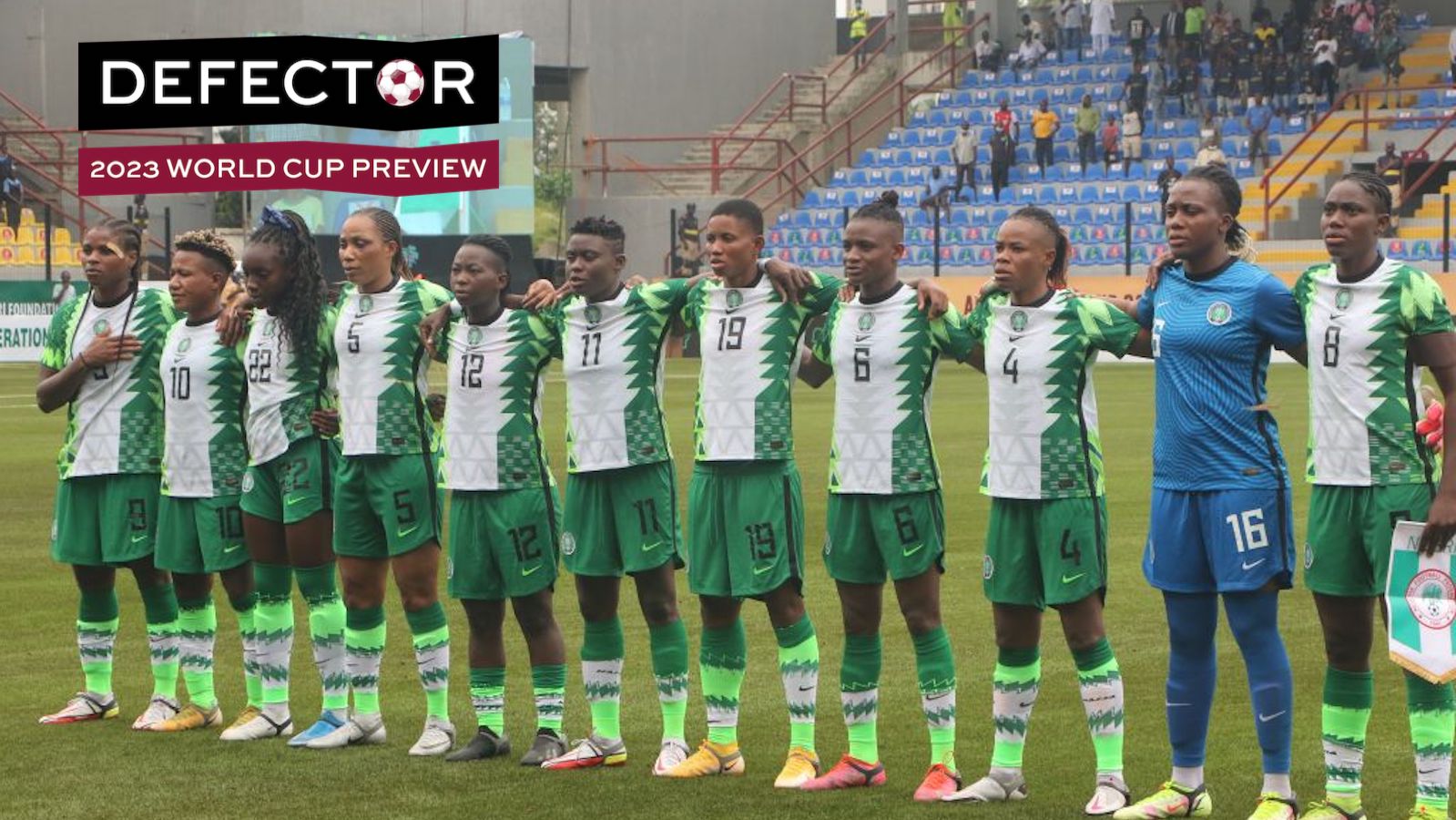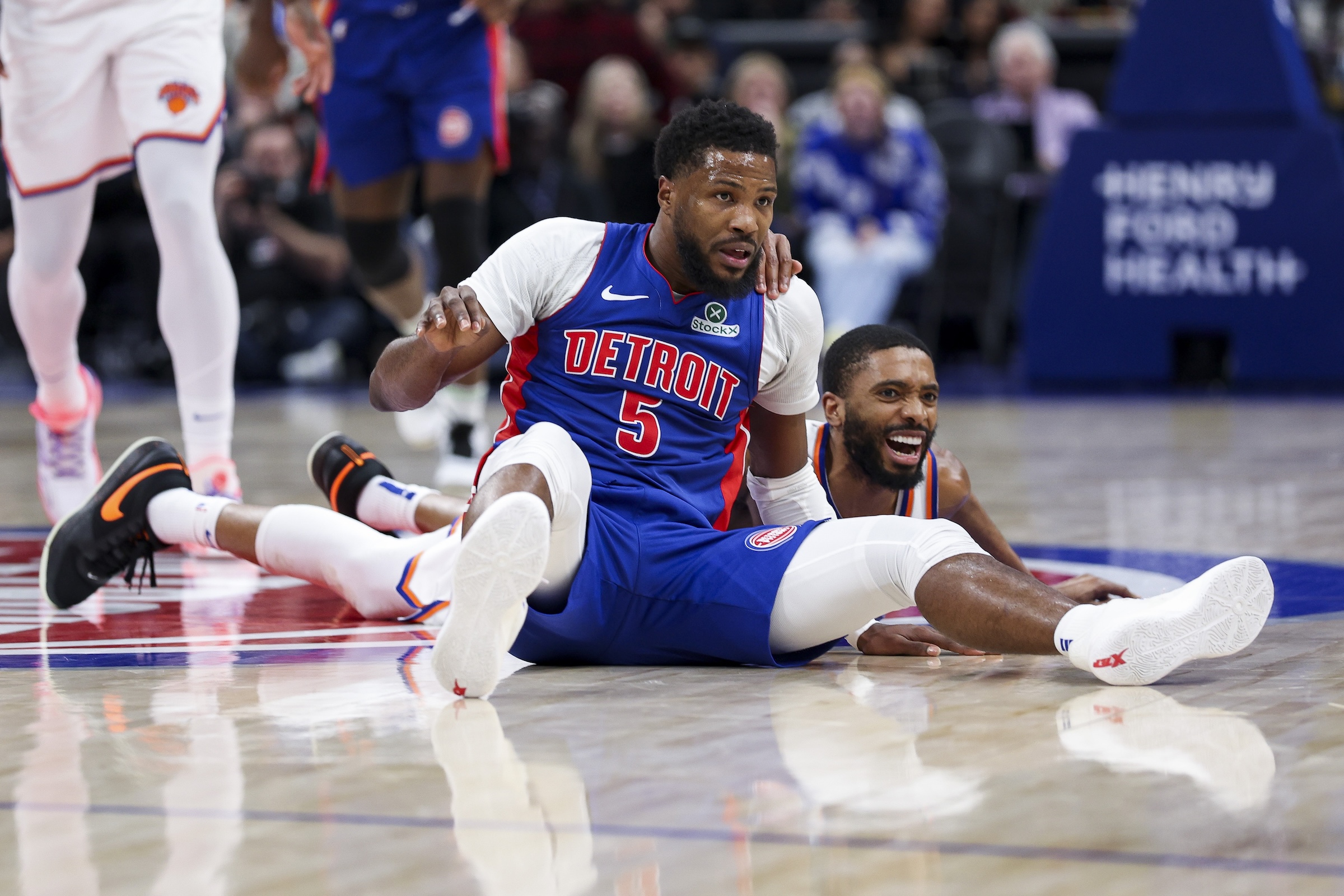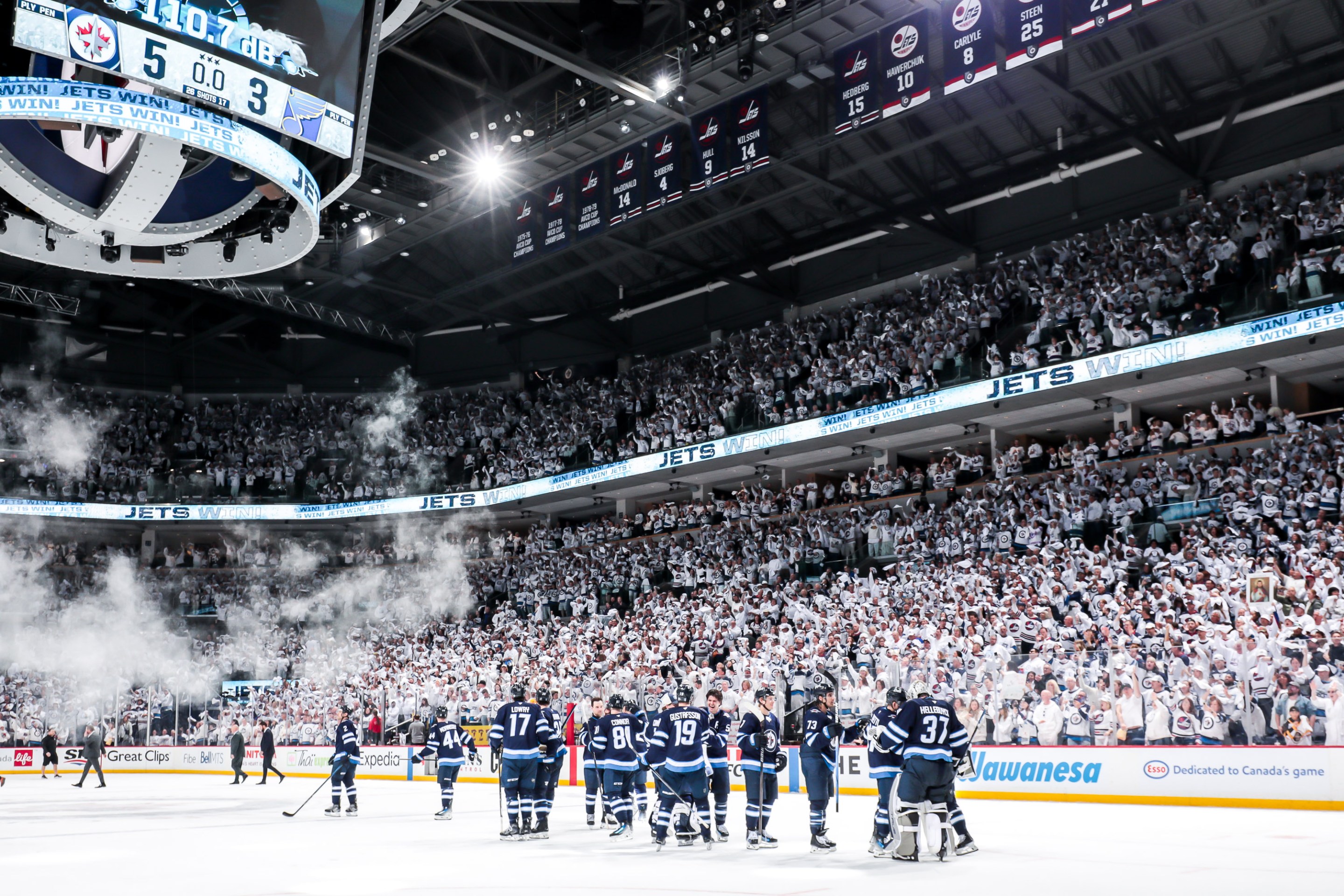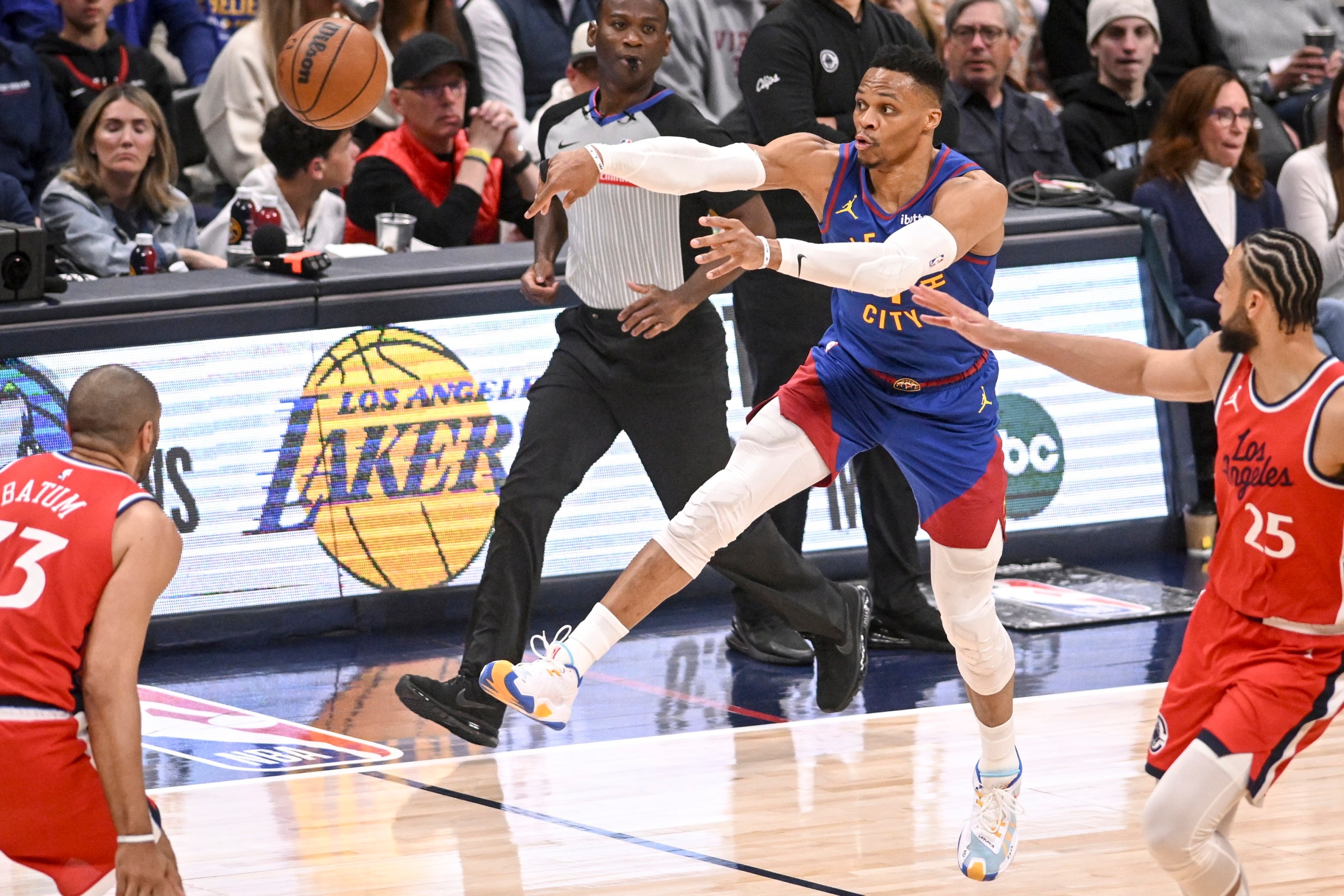It’s almost time for the 2023 World Cup. To help get you ready, we will be providing you with precious information about every team in the tournament. You can read all of our team previews here.
If there's one team you can always depend on qualifying for the World Cup, it's Nigeria. The Super Falcons have been to every tournament since the inaugural edition in 1991, thanks in large part to their utter dominance of the African confederation. That same year they qualified for the first-ever Women's World Cup, they won the first-ever Women's Africa Cup of Nations. The AFCON trophy has been raised 14 times, and in 11 of those instances it was Nigeria who did the lifting. This has made the Super Falcons the best team in Africa for the better part of three decades.
That level of success has not translated to the World Cup itself. Nigeria has only progressed out of the group stage twice—to the quarterfinals in 1999 and the round of 16 in 2019—and their overall World Cup record is not pretty. In 26 games they've accumulated four wins, three draws, and 19 losses while surrendering 63 goals and scoring just 20.
If that history of failure wasn't enough to put Nigeria fans in a pessimistic mood heading into the World Cup, then the Super Falcons' recent form should be. They didn't even manage to win at the 2022 AFCON, where they finished fourth and missed the podium for just the second time in their history. Things didn't get much better after AFCON: Nigeria went on a five-game losing streak in friendlies played throughout the back half of 2022 and early part of 2023. They did eventually get back on track, and have won their last three friendlies against Costa Rica, Haiti, and New Zealand.
But wait! This team has even more to worry about. As all those losses were piling up, so too were various reports about the team's vibes being well and truly fucked. There was a report about the locker room being divided over who should be the captain, assistant coaches revolting against the manager (more on him later), and players kvetching about star striker Asisat Oshoala not showing up for friendlies. There won't be much time to smooth things over, either. The World Cup squad was originally supposed to convene for a pre-tournament training camp in June, but the Nigerian Football Federation scrapped those plans due to funding issues. So now the team won't be getting together until July 4 in Australia, at which point they'll have two short weeks to get properly tuned.
Oh, and one last thing: Nigeria finds itself in the tournament's most difficult group, having to play Canada, Australia, and Ireland in the group stage. Should be fun!
Who Is Their Star?
OK, enough with the doom and gloom. If there's a reason to be excited about watching Nigeria at this year's World Cup, it's that Asisat Oshoala is on the team.
In his preview for the Norway women's team, Patrick Redford noted that their star, Caroline Graham Hansen, stands out from her more stereotypically brawny national-team compatriots via artistry and technical skills that make her a perfect fit for her club team, Barcelona. I guess that makes Nigeria's star, Hansen's Barça Femeni teammate Asisat Oshoala, a sort of neat converse: Oshoala stands out from her stereotypically dancer-like Barcelona mates via directness and voraciousness in front of goal, attributes that make her a perfect fit for a national team that will need her to go Superhero Mode to go far in the World Cup. Look at her just straight-up overwhelming bozos in this sizzle reel:
Where Oshoala fits in with her Barça mates is in, y'know, all the outrageous skill and touch and creativity: Earlier in her career she occasionally played as a no.10-type attacking midfielder. That combination—playmaker skill in a ruthless, overpowering no. 9—makes Oshoala one of the best players in the world.
Oshoala scored one of the Super Falcons' two goals in the 2019 World Cup; she scored a club-leading 27 goals across all competitions for Barça Femeni this past season, including five in the Champions League. She's scored at least 20 goals for Barcelona in each of the last four seasons, and she scored more than a goal per 90 minutes in each of those campaigns. Her right foot is a sledgehammer.
ASISAT OSHOALA WITH AN ABSOLUTE ROCKET FOR FC BARCELONA. 🚀🇳🇬
— Attacking Third (@AttackingThird) October 19, 2022
📽️: @DAZNFootball pic.twitter.com/f1yznN8jn6
But! She missed the June 3 Champions League final due to a hamstring injury. Keen observers will note that that was just a few weeks ago. Hamstring injuries are notoriously pesky and persistent; if Oshoala is limited or hobbled in the World Cup, Nigeria's probably doomed.
Tell Me About A Cool Youngster
The Super Falcons are not exactly overflowing with exciting young talent. They'll travel to Oceania with at least 10 players aged 28 or older, including Oshoala; the squad's likely captain, center back Onome Ebi, is 40. But keep your eye out for 22-year-old Onyi Echegini, seen most recently plying her trade for Florida State University's extremely good women's soccer team.
Echegini, second-team all-ACC in 2022, can play up front, out wide on the left, or as an attacking midfielder; she's powerful, fantastic in the air, reasonably two-footed, and has a nice knack for getting onto the end of passes in the box. The typical Echegini FSU highlight involves her clearing out space to receive a pass in front of goal, then either making a nimble turn to shoot with her feet, or simply going up over somebody and bonking that sucker in with her head.
Who Is Their Enemy?
Ah, unfortunately we must return to the realm of doom and gloom. That's because Nigeria's worst enemy might be their own manager, Randy Waldrum, who just might be a big doofus.
Waldrum's whole deal with Nigeria is strange. In 2017, he was appointed as a technical adviser to the team, and was expected to also take over as the manager heading into the 2018 AFCON. But then he reversed course and turned the job down so that he could become the head coach of the University of Pittsburgh's women's soccer team. And then, in 2020, he ended up taking the Nigeria job that he had just turned down three years prior, but he's also still the head coach at Pittsburgh.
A lot of people have wondered, fairly, why this guy still has a job with Nigeria. While his attention has been split between two teams, Nigeria has gone through its worst spell of results in its history. Finishing fourth at AFCON and guiding the team through a long losing streak were enough to earn Waldrum plenty of scrutiny, but so too has his decision-making. He's routinely deployed players out of position, and his selections for the World Cup squad left a lot of fans and observers of the Super Falcons making confused faces.
Waldrum's most confounding decision was leaving midfielder Ngozi Okobi off the 23-person squad. Okobi, who is 29 years old, has for years been one of the Super Falcons' best players, providing spark and creativity from the no. 10 position. Her absence from the World Cup roster was such a shock that it left some wondering if Waldrum had been pressured to drop her from the team by the NFF for opaque political reasons. An NFF official, speaking to ESPN, insisted that wasn't the case, and blamed Okobi's snub on the team's condensed training schedule, which apparently didn't leave Waldrum with enough time to evaluate Okobi's fitness.
That explanation doesn't really match up with Okobi's own version of events, though. After the final roster was announced, she insisted that she was fully fit and ready to play. In an interview last month, she acknowledged that she hasn't gotten much game time with Nigeria recently, but explained that her limited minutes had nothing to do with her fitness and everything to do with Waldrum simply not liking her as a player.
Super Falcons midfielder, Ngozi Okobi said Super Falcons coach, Randy Waldrum told her face to face that she's not the kind of player to be in his team. pic.twitter.com/iky1TMLVCJ
— POOJA!!! (@PoojaMedia) June 17, 2023
"He has told me face to face that I'm not a player to be in this team," she said. "He kept me outside, and never gave me the opportunity to prove myself."
Making this whole situation even more puzzling and shady is the fact that one of the midfielders that Waldrum is bringing to the World Cup in place of Okobi is 19-year-old Deborah Abiodun, who just so happens to have signed up to play soccer at Pittsburgh this year.
National Folk Hero Whose Story Seems Extremely Bleak And Sad
Moremi Asajoro, according to legend, was a beautiful young Yoruba woman married to the heir to the kingdom of Ife during the 12th century, when Ife's people were being captured and enslaved in raids by a hostile neighboring society the Yoruba knew as the Forest People. The story goes, Moremi made a deal with the spirit of the river Esimirin: If she could be allowed to discover the secrets that would protect her people from the Forest People, she would make a major sacrifice to the spirit afterward.
And discover the secrets Moremi did! By allowing herself to be captured by the Forest People, enslaved, and wedded to the Forest People's leader. Oh no! But it enabled Moremi to snoop around and learn about the secret weakness of the Forest People's army, which was: fire. They were vulnerable to being lit on fire with torches. Moremi escaped captivity, fled back to the Yoruba, and shared all that she knew, enabling them to fight off and defeat the Forest People. Yay! As payment for, uh, having helped (?) her get captured and enslaved and married off to the oppressor of her people, the river spirit demanded the sacrifice of her only son, and could not be swayed by her desperate pleas. So she had to sacrifice her dang kid. I'm extremely bummed out right now.
Scran Or Not Scran: National Dish Edition
Jollof rice—long-grained rice cooked with tomatoes, aromatics, spices, and sometimes meat or meat stock—is popular across West Africa, with variations reflecting different traditions. Rice cooked with flavorful stuff is a staple foodstuff of the human race, because it's good eating. This recipe for Nigeria's version makes me drool uncontrollably, and inarguably is Major Scran.
What Would A Successful World Cup Look Like For This Team?
This is a tough one, because everyone wants to win at the World Cup and advancing out of the group stage would go a long way towards erasing the many recent failures this team has suffered, but it's also pretty clear that some real cultural and institutional rot has set in, and too good of a performance at the World Cup might further insulate the people who have created that rot. So let's say this: A perfect World Cup for Nigeria would feature a big, convincing win over Australia in the group stage—I'm talking like a shocking 4-0 beatdown that gets everyone going crazy and restores a lot of good feelings—and then failing to make the knockout rounds anyway because Waldrum blows the two remaining group-stage games with idiotic lineup decisions and substitutions, which leads to his immediate firing.






